
USA to use alternative ways alongside sanctions to punish peace spoilers.
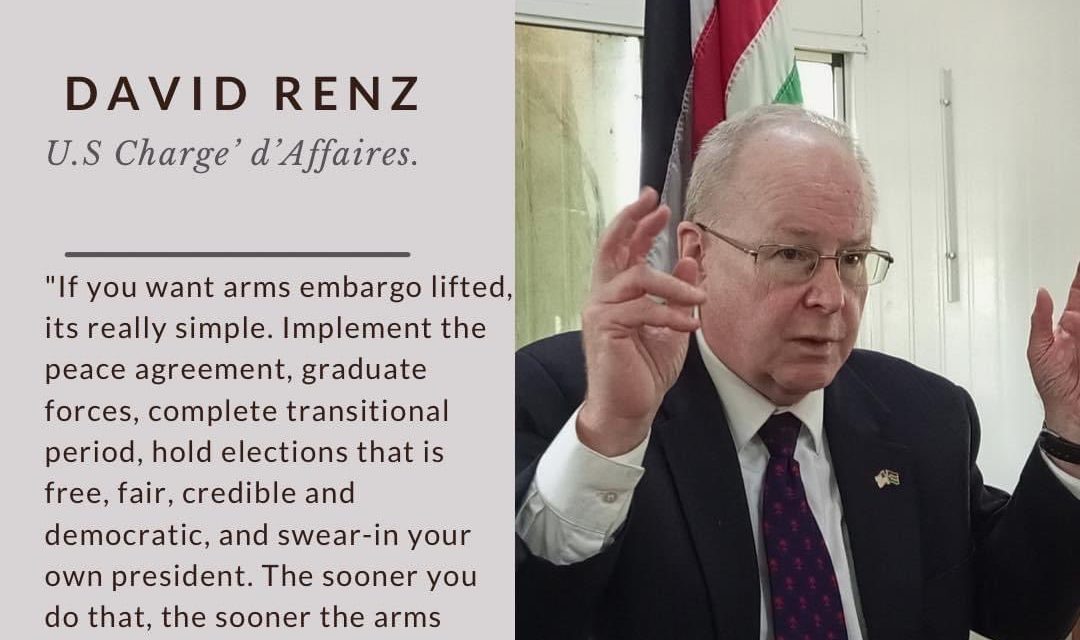
By Deng Ghai Deng.
JUBA, SOUTH SUDAN: The U.S. has threatened to use other means other than sanctions to deal with government officials who continue to derail South Sudan’s peace implementation process.
David Renz, the Chargé d’Affaires at the U.S Embassy in Juba told journalists on Thursday that Washington will also continue to impose sanctions on individuals who continue obstructing efforts to restore peace in South Sudan.
“We will continue to support this country to the degree that we can but we are also going to continue to look for ways to do it and ways that don’t enable behavior that simply continues to stall and trying to run out the clock or whatever metaphor you want to use,” Renz said.
“One of the tools we have used is blunt but we have used sanctions, whether it has any real impact on the individual’s ability to do things or not, some of the individuals we have sanctioned have certainly believed that it has impacted them,” he added.
Amb. Renz, who is wrapping up his stay in South Sudan reiterated his disappointment with how the government seems to condone impunity by not holding the perpetrators of violence accountable.
Some leaders are not happy with the sanctions and UN Security Council arms embargo, Renz believes it’s because they don’t like to be called out for failing to do what they said they would do.
Both President Kiir and First Vice President Riek Machar have promised publicly “never to take the country back to war” and also vowed to “implement the peace agreement in letter and spirit.”
This promise is yet to come to pass and amb. Renz says the government seems to condone impunity by not holding the perpetrators of violence accountable, citing the example of the commissioners of Koch and Mayendit Counties in Unity state.
Both men have continued serving in their posts even after the ceasefire monitoring body concluded Koch County Commissioner Koang Biel and Mayendit County Commissioner Gatluak Nyang were responsible for instigating the deadly violence that occurred in Leer County two months ago.
“I have spoken out publicly asking why the commissioners in Koch and Mayendit Counties are not being held accountable for what is absolutely clear is their role in the violence up there.”
“At the minimum, they should be suspended from their offices pending South Sudan investigation into their conduct. They shouldn’t be allowed to continue to fuel this conflict,” Renz emphasized.
He believes that act suggests there is a problem with political will.
“We need to change that dynamic; if that dynamic changes the whole range of possibilities open but the time to change that dynamic is running out,” Renz warned.
The US government wants to see full implementation of key provisions of the Political Parties Act, the permanent constitution, and the graduation of unified forces as stipulated in the peace deal so that the Biden Administration can support elections scheduled to be held next year, Renz said.
South Sudan government spokesperson, Michael Makuei said the UN Security Council’s decision to extend its arms embargo and targeted sanctions on certain South Sudanese individuals poses a major challenge to graduating unified forces, saying the forces have no guns. Renz says a lack of guns is not the problem in South Sudan.
“The problem in South Sudan is not a shortage of weapons; not for the military, not for the civilians, not for the militias. I have been told that the chairman has at one point admitted that this country has more than enough arms to arm its military.”
Renz said the position of the US on the arms embargo has been that it stays in place until South Sudan completes the peaceful transition to a democratically elected government by fully implementing the revitalized peace agreement that the leaders agreed to abide by.
The parties to the peace agreement have yet to complete several chapters of the agreement, including one on governance, another on permanent security arrangements, and chapter four on economic reforms and the justice system.
The agreement mandates that the transitional government organize elections sixty days before the end of the current transitional period to establish a democratically elected government.
In January last year, President Salva Kiir’s office said the parties agreed to extend the Transitional Period up to 2023 to allow full implementation of critical tasks. The office of the president said the government was not prepared to organize elections that initially were supposed to take place this year. The president’s office said more time is needed to reorganize institutions in charge of democratic reforms.

















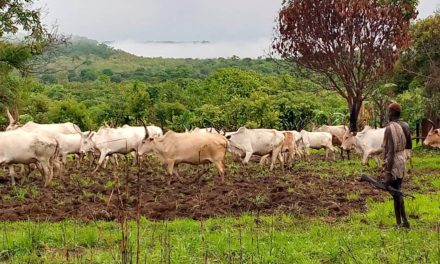
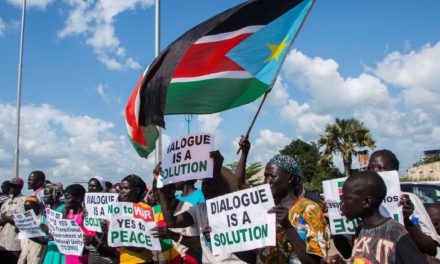
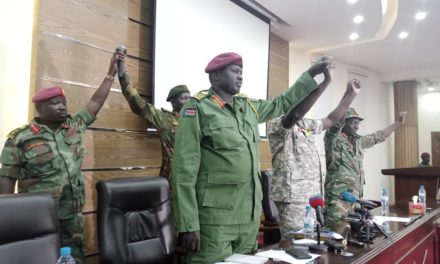
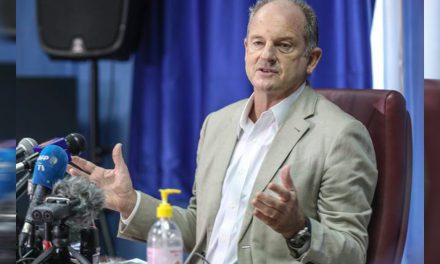
Recent Comments